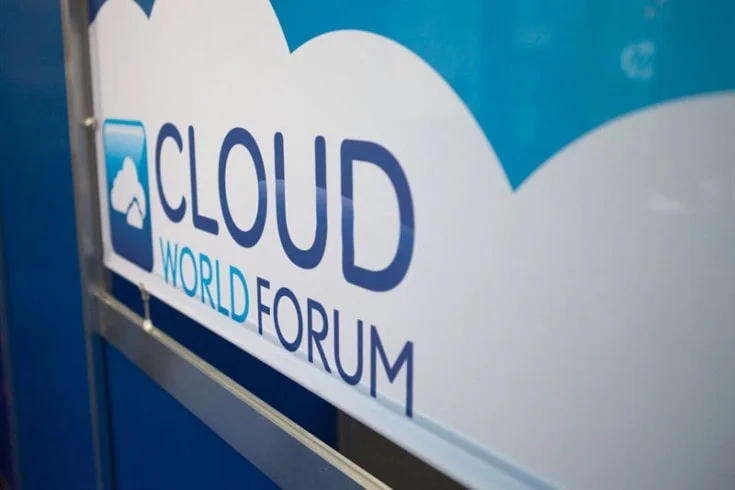The Cloud technology is an essential part of the small business world today, with conferences such as the Cloud World Forum bringing in the best and the brightest in the industry to speak on new and upcoming trends in this market segment.
Darren Smith, Senior Director of Salesforce, Steven Bryen, Solution Architect of Amazon Web Services, and Thierry Bedos, CTo of Expedia speak on their insights, predictions, and experiences.
How Cloud solutions can help growing business
Many small businesses depend on technology solutions to make up for a smaller set of resources and employees. These tools help small business owners handle countless demands, whether he needs to send off an invoice or handle employee scheduling. In the past, small businesses were stuck with software solutions installed on workstations or servers on-site. The disadvantages to this setup were extensive, as a small business often lacks a large IT budget, they don’t have qualified IT professionals maintaining the system, and they don’t have access to enterprise level solutions that would make their lives much easier. Cloud computing changes all that.
Distributed Computer resources
In short, this technology is an off-site service using distributed computer resources to their best effect. For example, in web hosting a single business used to get a single, physical server for its website. If the business wanted to upgrade the hard drive space, memory, or CPU, that server goes offline and the changes require new physical parts. In a flexible hosting environment, the business has a single account but it is no longer limited by the physical hardware. Assets from multiple systems are available, so getting more hard drive space is a process that takes only a few clicks instead of hours of downtime.
These solutions are flexible by nature, since physical hardware isn’t provisioned when a company needs more computing capacity. This is a perfect fit for a small business as it grows, since the business budget can’t afford a high service tier at first. As it brings in more business, the small business owner can scale up.
Better Access to Hardware
Another area where migration shines for small businesses is getting access to better hardware. A typical small business budget is spread across many areas, and getting top of the line servers isn’t typically on the list. It is for the vendor, however, giving a small business access to hardware it may not be able to afford on its own until it’s a full out enterprise.
IT security, particularly physical security, is another area where small businesses often fail. These start up companies simply don’t have enough resources for a dedicated server room, strong software and physical security measures, and a security centric business culture. If the computing company doesn’t focus on strong security, they aren’t going to be in business for long.
The pay as you go model with many service providers lets small businesses adjust their budgets as needed. They don’t need to pay for full capacity if they’re only compensating for a seasonal spike, such as during Christmas or another major holiday.





